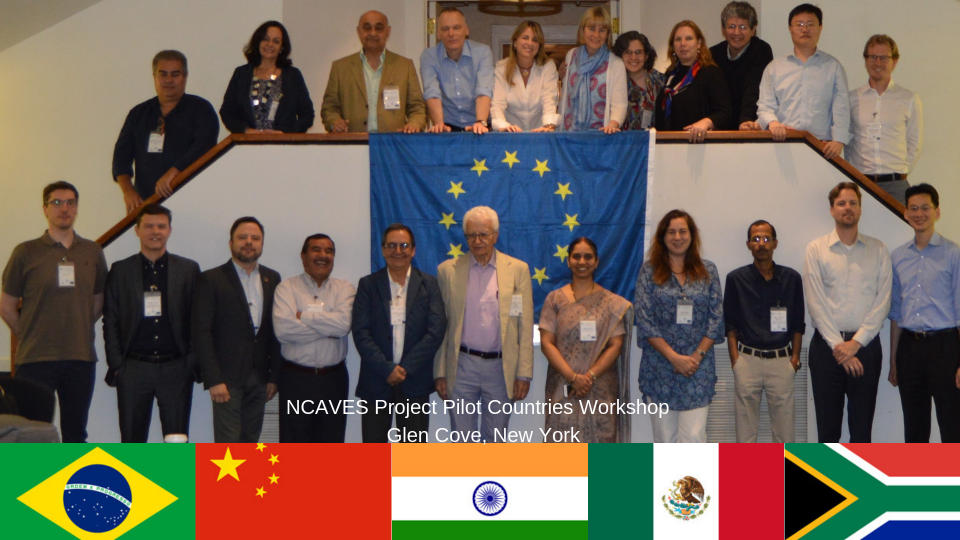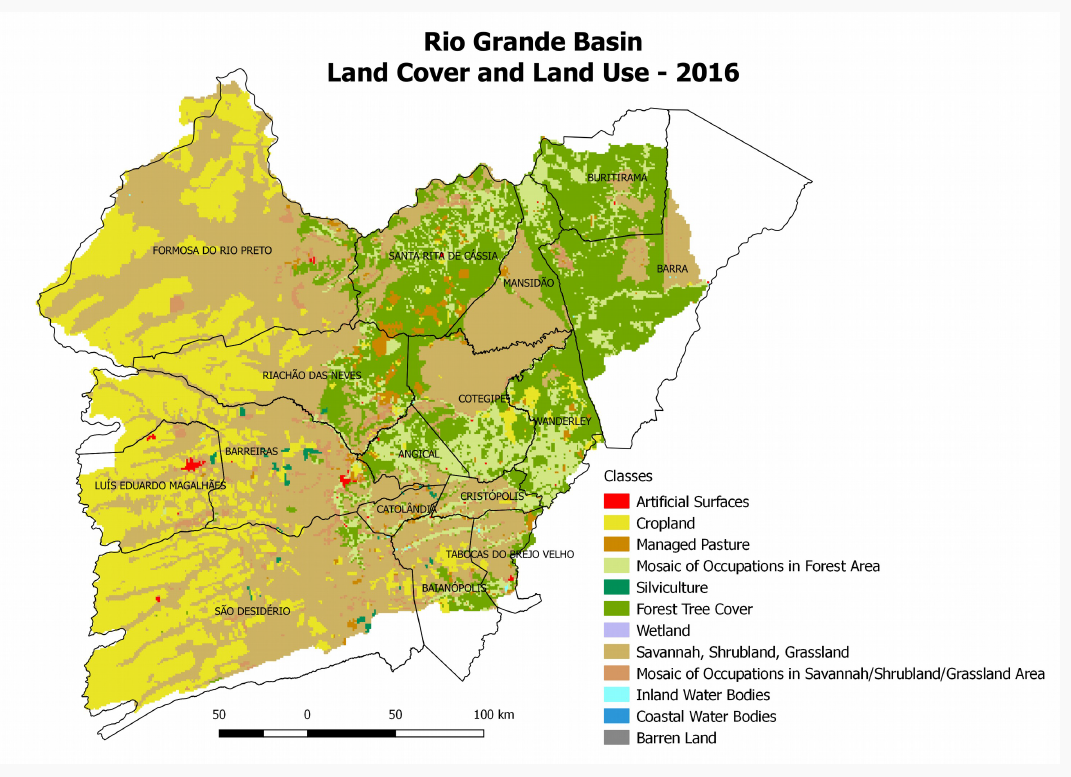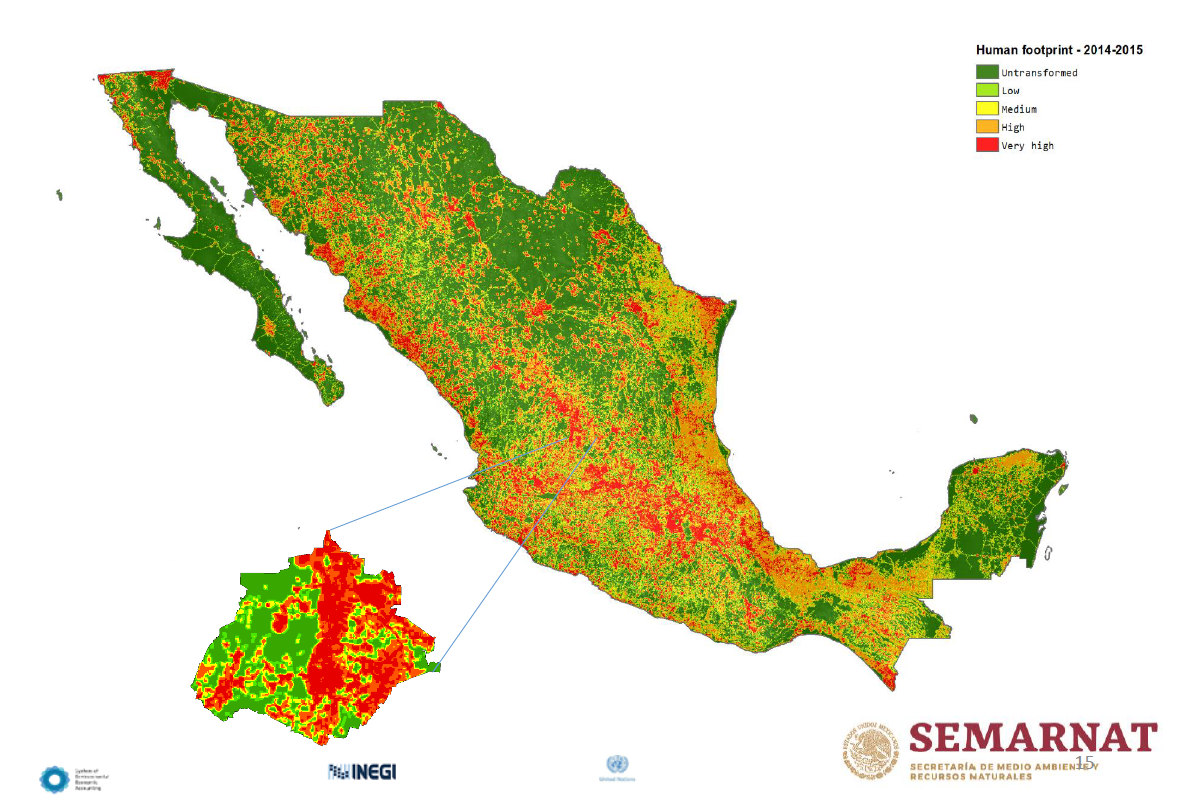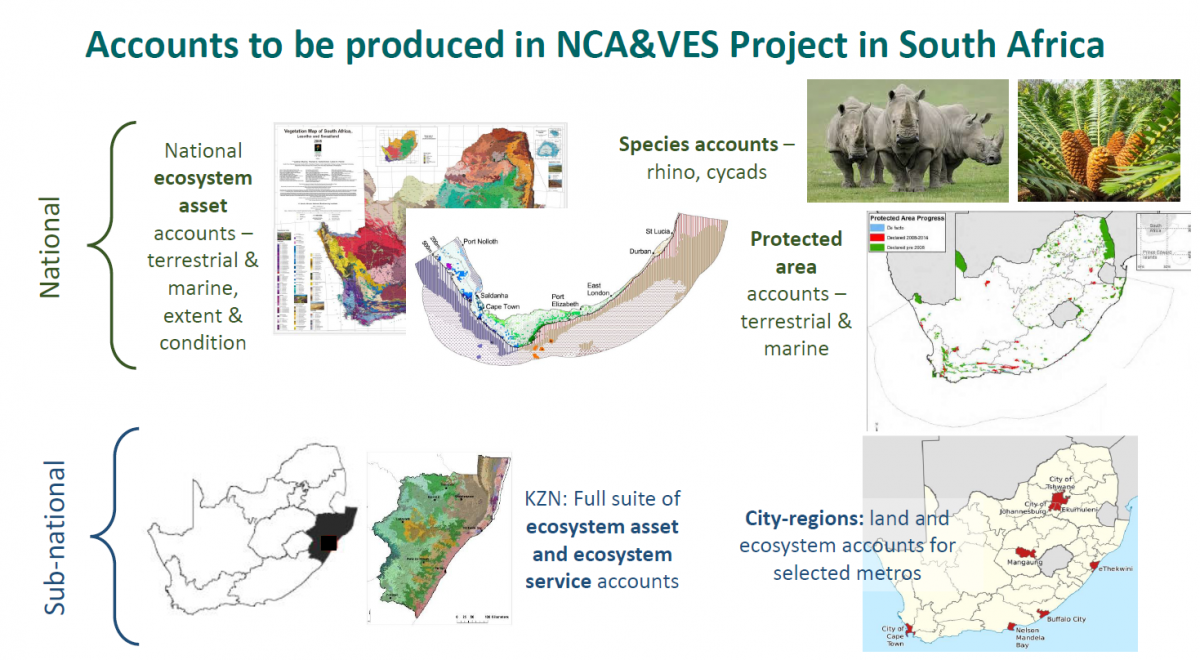Glen Cove Workshop Allows Project Teams from Five NCAVES Countries to Share Progress

The SEEA EEA Forum of Experts held at Glen Cove provided an opportunity for a workshop involving the project teams from the five countries participating in The Natural Capital Accounting and Valuation of Ecosystem Services (NCAVES) project – Brazil, China, India, Mexico and South Africa. Organized by UNSD and UN Environment as part of the NCAVES project funded by the European Union, the workshop brought together 20 participants from the five project countries and stakeholder organizations.
The workshop provided an invaluable opportunity for information sharing among the project countries and project consultants on successes and challenges in project implementation, including a discussion on ways to effectively feed results from the project into the deliberations of natural capital accounting at national and international level.
Each country gave a presentation on project activities:
- Brazil is piloting ecosystem accounts in the Rio Grande river basin to assess the impacts of the changing agricultural frontier on ecosystem services. The project team is using the Soil and Water Assessment Tool (SWAT) to simulate hydrological and erosive processes using data such as soil characteristics, slope, precipitation, flow, and land cover/land use.

- China is compiling ecosystem accounts for Guangxi and Guizhou province for 2016 to 2017 in physical and monetary terms. A major outcome of the project will be aligning China's existing concepts and valuation methods of ecosystem services with those recommended in SEEA EEA.
- India is experimenting with extent and condition accounts for selected ecosystems, and compiling accounts for selected ecosystem services including carbon sequestration, nature-based tourism and provisioning of crops and forestry. It is looking at developing a water quality index, as well as testing air and soil accounts.
- Mexico has a long experience with environmental and economic accounting and has compiled comprehensive ecosystem extent accounts integrating information on land tenure and protected area status. It is modelling a range of ecosystem services at the national level, and a variety of approaches for developing condition accounts are being explored.

- South Africa is developing a range of accounts at the national level, including ecosystem extent accounts, species accounts, protected area accounts and metro accounts for urban areas. For KwaZulu-Natal province, a whole suite of ecosystems services are being modelled and valued.

Interesting discussion were held on a variety of topics such as sensitivities around valuation and experiences with establishing coordination structures. There was general agreement on the importance continued close collaboration among project stakeholders in advancing the implementation of the NCAVES project. The next NCAVES project countries workshop has been tentatively scheduled for November in Beijing to continue the dialogue and experience sharing among project countries on Natural Capital Accounting.
